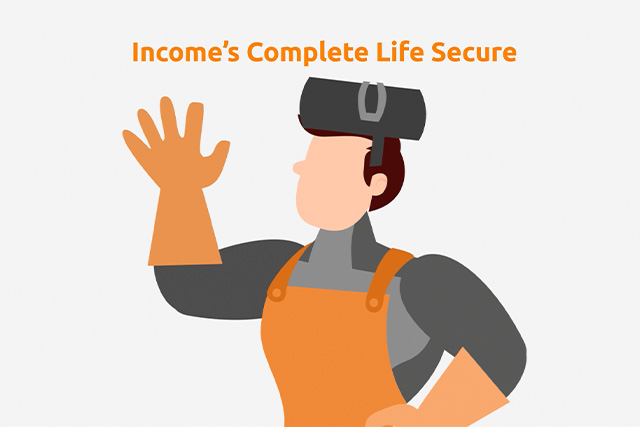Total and permanent disability (TPD), and totally and permanently disabled, mean any of the below.
-If the insured is under 65 years old, TPD, and totally and permanently disabled mean total physical loss, or the inability to take part in any paid work for the rest of a person’s life.
-If the insured is 65 years old and above, TPD, and totally and permanently disabled mean total physical loss, or severe disability.
Total physical loss means:
-the total and permanent loss of sight in both eyes;
-the loss of, or total and permanent loss of use of, two limbs at or above the wrist or ankle; or
-the total and permanent loss of sight in one eye and the loss of, or total and permanent loss of use of, one limb at or above the wrist or ankle.
Severe disability means the inability to perform at least three of the following activities of daily living, even with the aid of special equipment and always needing the help of another person throughout the entire activity.
-Washing – the ability to wash in the bath or shower (including getting into and out of the bath or shower) or wash satisfactorily by other means;
-Dressing – the ability to put on, take off, secure and unfasten all garments and, as appropriate, any braces, artificial limbs or other surgical appliances;
-Transferring – the ability to move from a bed to an upright chair or wheelchair and vice versa;
-Mobility – the ability to move indoors from room to room on level surfaces;
-Toileting – the ability to use the lavatory or otherwise manage bowel and bladder functions so as to maintain a satisfactory level of personal hygiene;
-Feeding – the ability to feed oneself once food has been prepared and made available.
.gif)
































.svg)
.svg)

